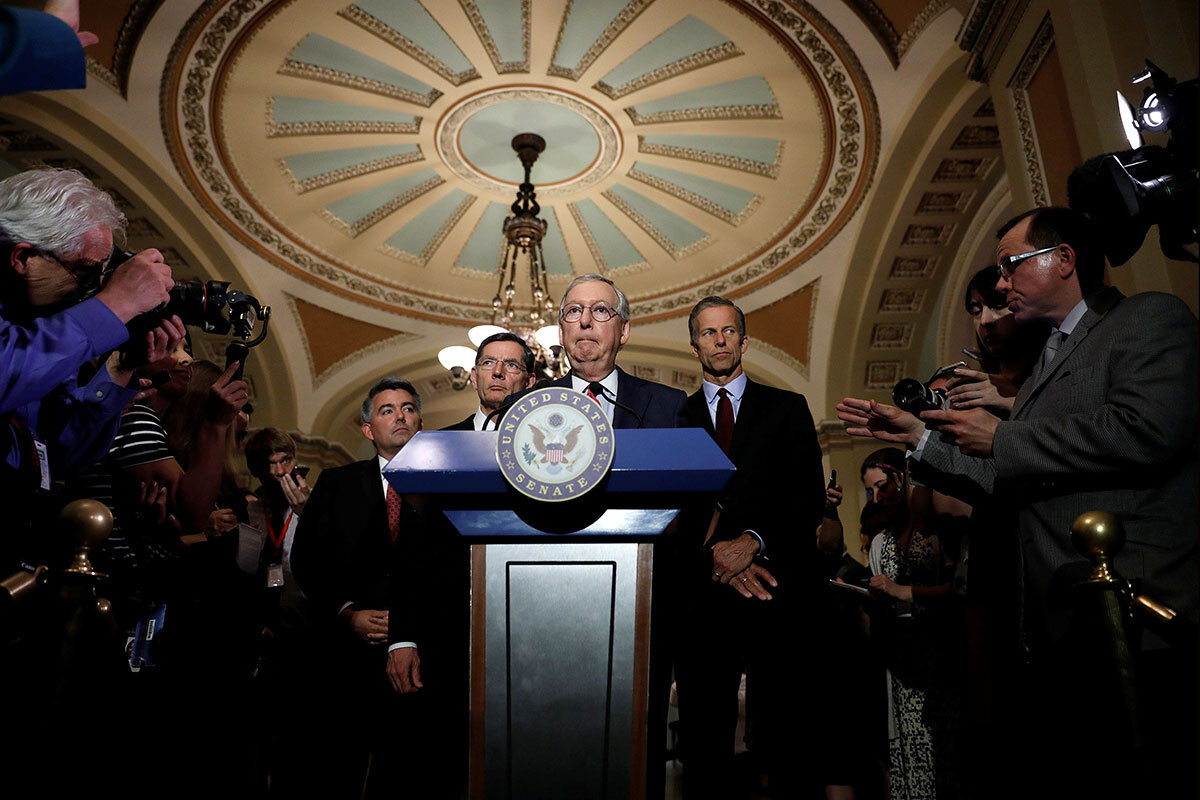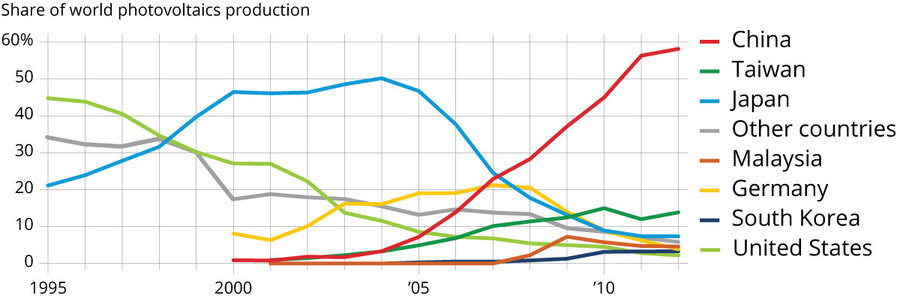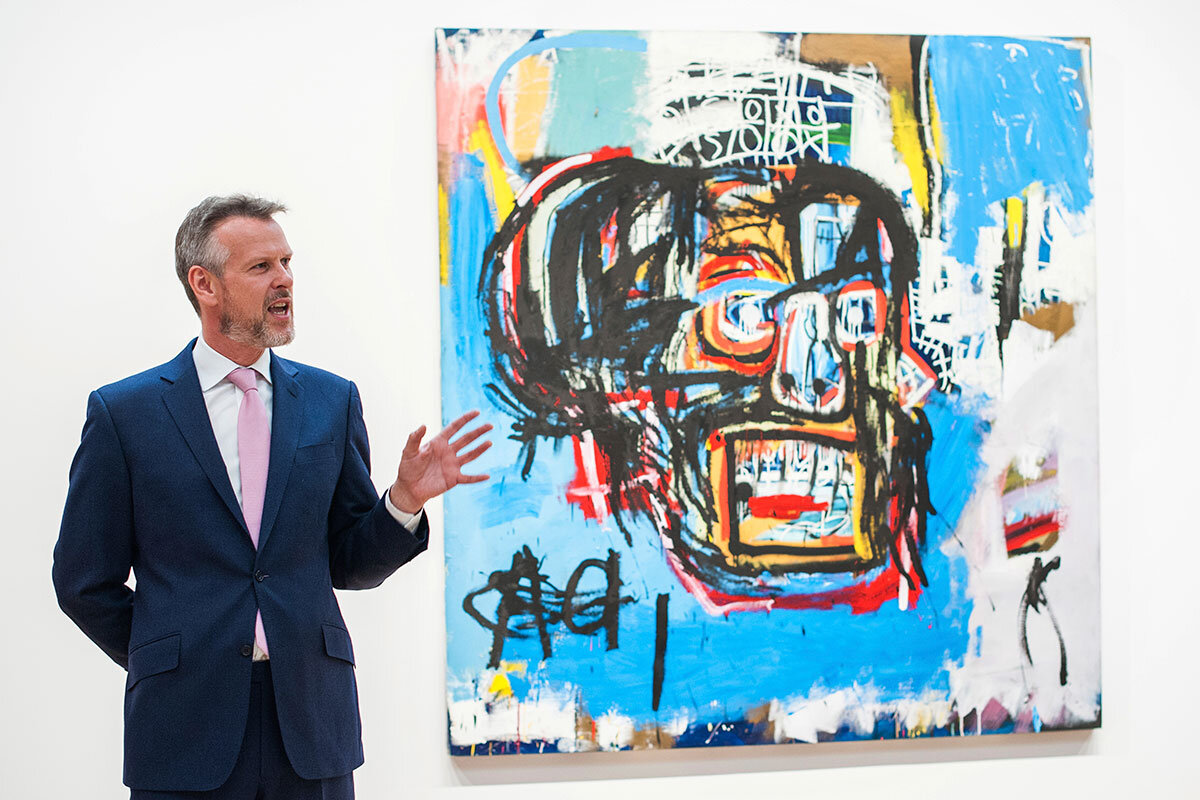President Trump’s blunt and unwavering line on Islam, as on most everything, cemented the support of his base. As he heads out today on his first trip abroad, sharing views on both "hard power" and values, can he earn the trust of audiences who’ll be reading between the lines?
Monitor Daily Podcast
- Follow us:
- Apple Podcasts
- Spotify
- RSS Feed
- Download
 Clayton Collins
Clayton Collins
What can marriage trends tell us about our society?
Divorce rates are cast as an outcome of modern stresses and distractions. Statistics about those who delay or decline matrimony are used to broadly characterize generations, sometimes wrongly.
A study released today by the Pew Research Center shows a shift in norms regarding relationships. Fifty years ago, in the case of Loving v. Virginia, the Supreme Court invalidated the kind of law that had been used to sentence an interracial couple – Mildred and Richard Loving – to a year in prison for having wed.
And now? The new study shows more than a five-fold increase between 1967 and 2015 in the percentage of US marriages in which the spouses belong to different races or ethnicities. Some 11 million people were intermarried as of 2015, reports Pew. “More broadly, 1 in 10 married people in 2015 – not just those who recently married – had a spouse of a different race or ethnicity.”
More important, perhaps, are the shifts in attitudes: The share of adults who consider more intermarriage as “good for society” has risen to nearly 40 percent. Opposition is falling away. Can the love and trust that defines marriage be helping to erase old lines?
Now, let’s get you to our five stories of the day.












